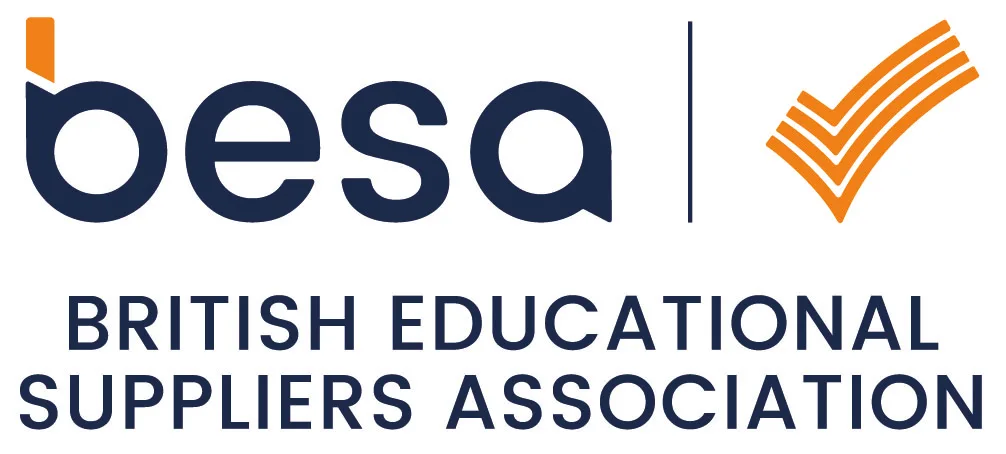1. Make use of online tools and platforms.
There are many online tools available to aid remote delivery whilst ensuring lessons are still interactive. Here are some popular free tools used by teachers:
Live Worksheets – allows you to transform regular printed worksheets into interactive ones for learners to complete at home. The site also includes a bank of worksheets that have been uploaded by other teachers which are available to use saving you time. There are worksheets available on many subjects across the school curriculum.
Jamboard – one of the most popular online whiteboards used by teachers remotely.
Socrative – an education technology programme that allows you to set up quizzes monitor results and keep an eye on progress. Some tutors use this by giving learners the same 20 questions over a 4 week period to check their skills and to see what knowledge they have retained. This encourages students to continue learning remotely and offers a quick and efficient way to monitor results and highlight any areas of improvements influencing future lessons.
Blendspace – this online platform allows you to create a series of interactive tiles a learner can click on. There is an option to search for online content resources and videos to add into your tiles. It is a great way to create lessons in under 5 minutes and easily embed them into your virtual learning platform.
Quizlet – allows you to create a series of flashcards and online content for your pupils to work through and learn. In addition it can be used to test their knowledge through matching flashcards or as a competition in lessons. The activities created within Quizlet can either be emailed directly to the learners or added into your virtual learning platform for example Google Classroom.
2. Close the learning gap in English through reading for pleasure.
Research has found that reading increases a learner’s ability across the school curriculum. It can boost writing and communication skills as well as confidence within learners. Encourage pupils to read anything they can find at home – whether that be a book a magazine or a comic – as this will help them to find a passion for reading and will offer them an escape from the pressures and confinements of lockdown boosting their overall well-being. For those learners who struggle need a confidence boost or additional help to read IDL Literacy is an ideal solution as it is proven to increase the reading age of pupils by 11 months after just 26 hours of use.
3. Encourage pupils to revise regularly.
Revision is key to retaining information learnt in the classroom and building on it. In an online learning teaching strategy it is vital that the elements of effective teaching are present—for example clear explanations scaffolding practice and feedback— for it to be successful.
Another way to do this is to blend new learning with revision. This will ensure previous classroom learning is not lost. Set a challenge for your class to revise a topic you’ve already taught them. Test their knowledge with a quiz to help it stay fresh in their mind.
4. Be creative and make lessons more personal.
Encourage pupils to engage with learning in their new study environment. This is an ideal opportunity to teach pupils everyday life skills through activities they couldn’t normally do in the classroom. For example you could get them to look in their kitchen cupboards and write a meal plan for the next few days or get them to plan a weekly shop.
In addition you can use the lockdown as an opportunity to get to know your pupils more personally. You could ask them to draw paint or create out of Lego – using whatever resources they have at home – their favourite book or cartoon character. Alternatively you could get them to plan or write a story around a treasured item they have at home and ask them to bring the item to their next online lesson to create engagement and discussion. For younger pupils you could ask them to bring their favourite teddy or toy to a lesson and plan an adventure including their chosen item.
5. Support learners to work independently.
Previous studies show the value of strategies that help pupils to work independently. For example prompting pupils to reflect on their work or to consider the strategies they will use if they get stuck. This is a vital skill they will need when working from home and it will help them to complete homework more efficiently when they are back in school.
6. Keep learners motivated.
It is much harder to keep young learners motivated at home than in the classroom with all the distractions around them. As a result it is important that learners are praised for their efforts and are given regular feedback. Giving out certificates of achievement will help motivate and encourage pupils. Many online learning programmes such as IDL allow teachers to send personalised messages and download certificates to encourage pupils to do well and reward success. You could also give students fun downloadable worksheets or set them online quizzes with their classmates to keep them motivated and lessons fun.
We hope you have found this article helpful and we are here to support you with distance teaching and learning. If you would like a free trial of IDL Literacy and/or IDL Numeracy please click here. If you would like to discuss any of our products or would like to request our free Dyscalculia Screener to use with your pupils remotely please click here to contact us.
Click here to learn about the Coronavirus Catch Up Premium and how it could help your school.

















